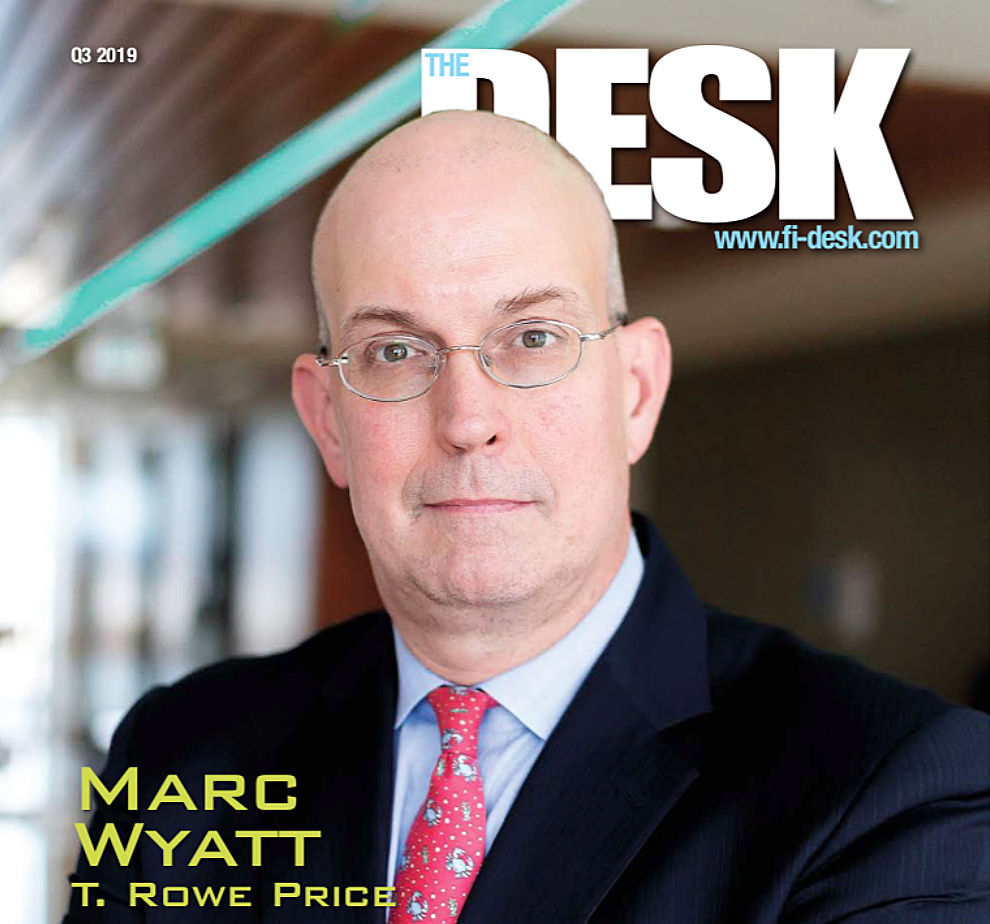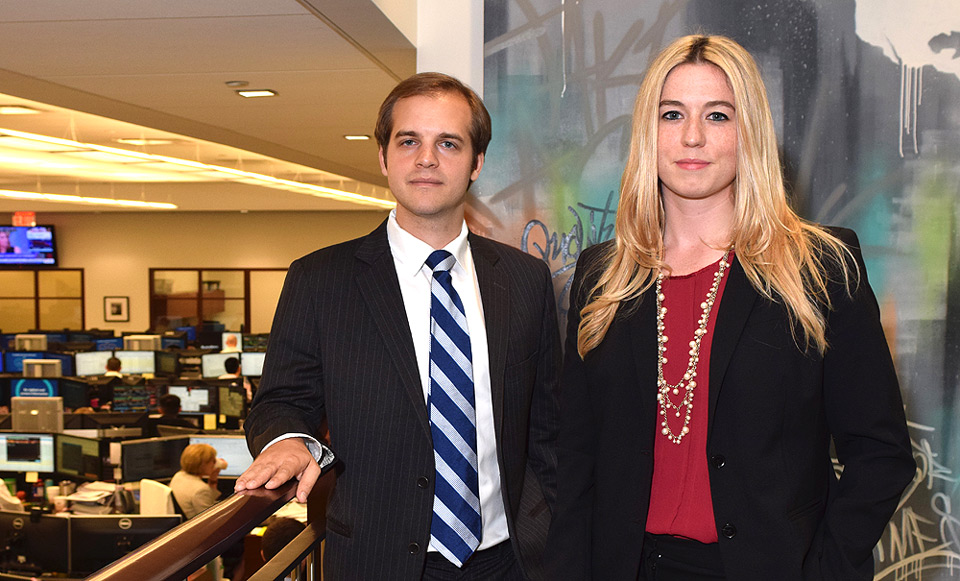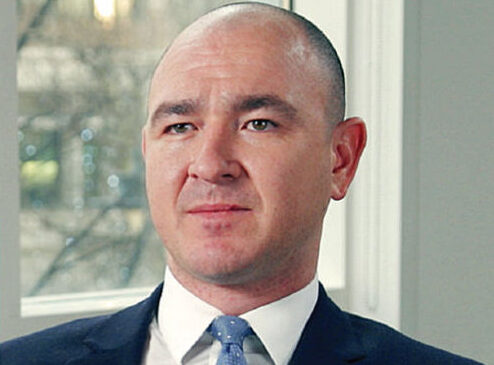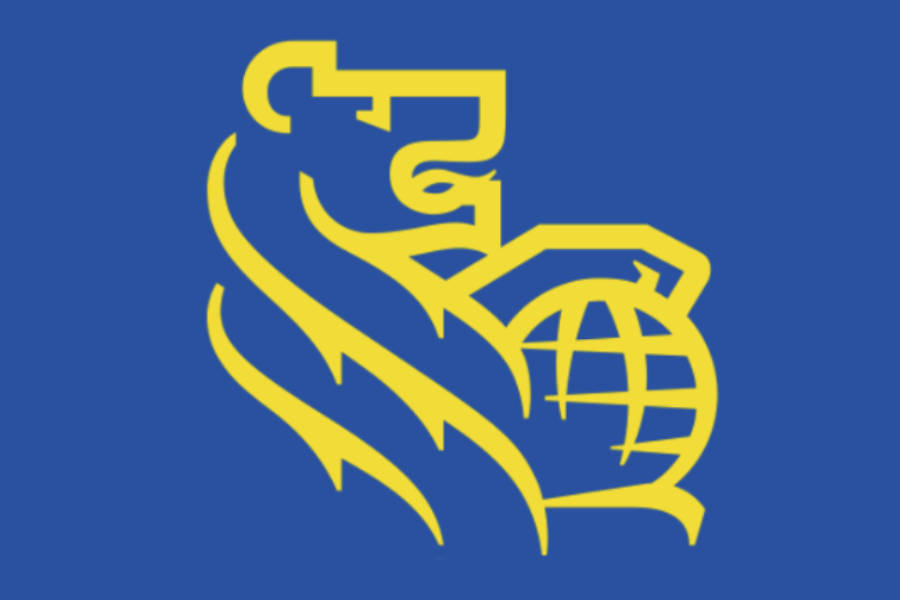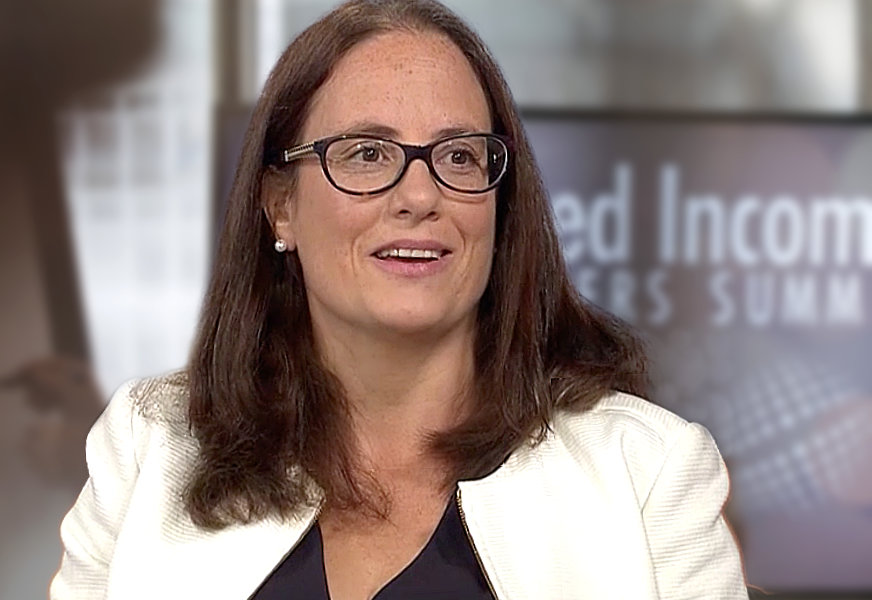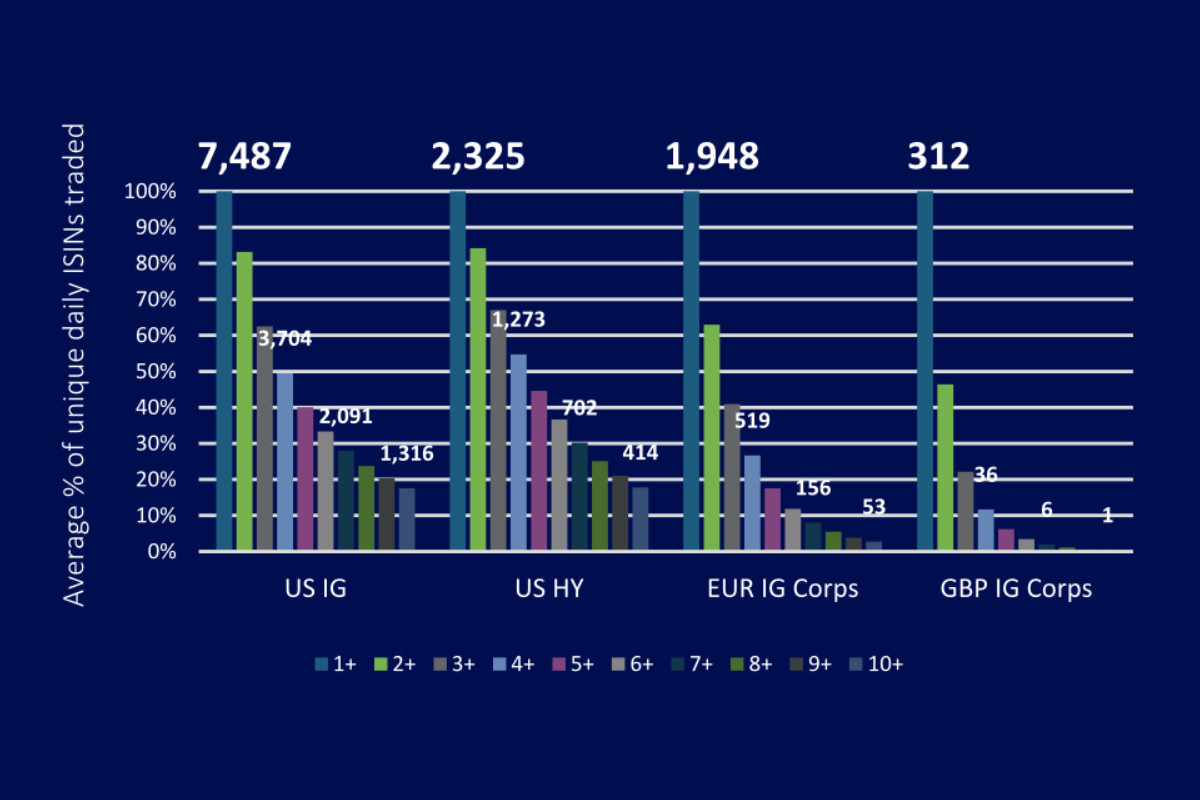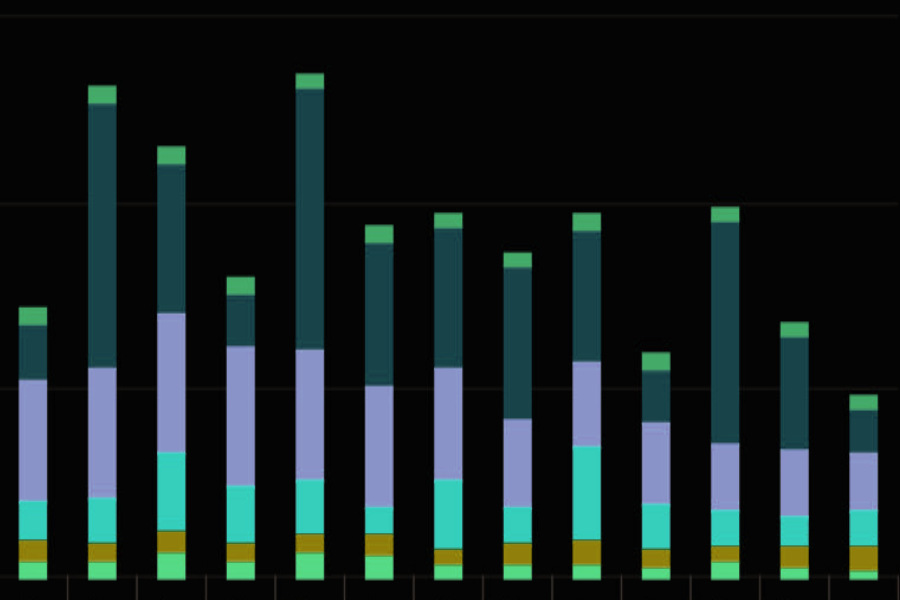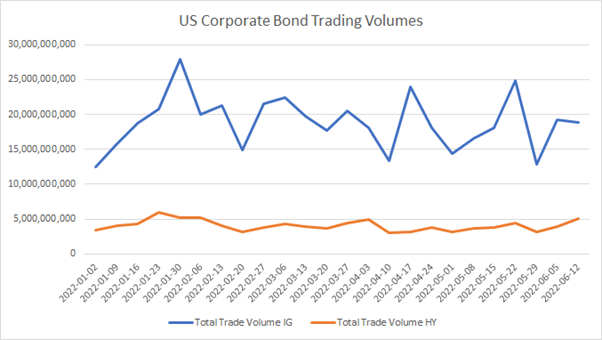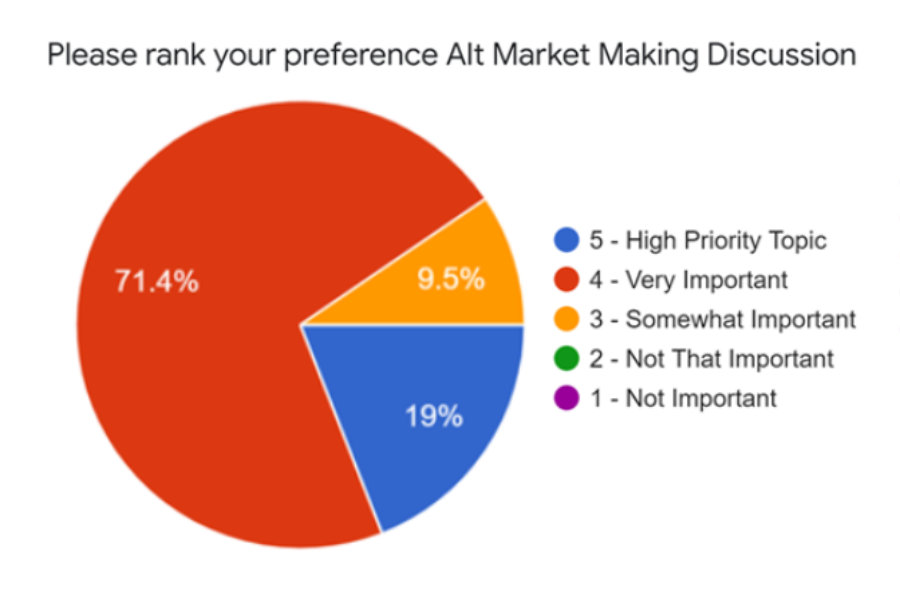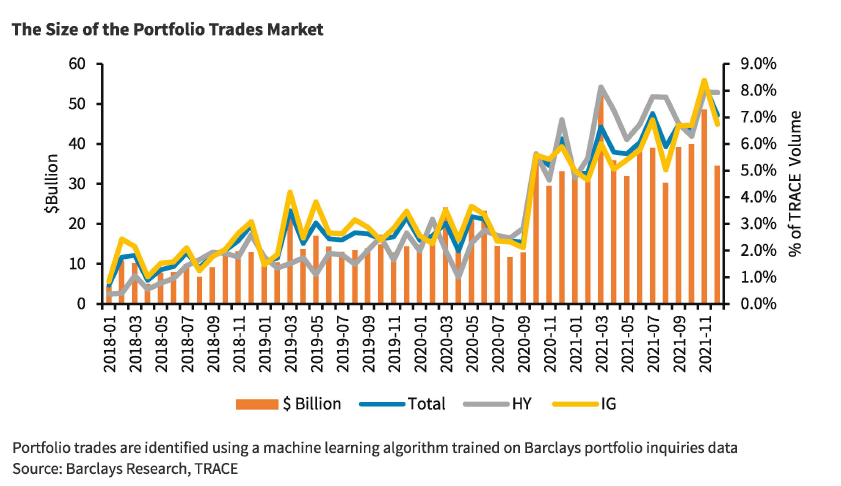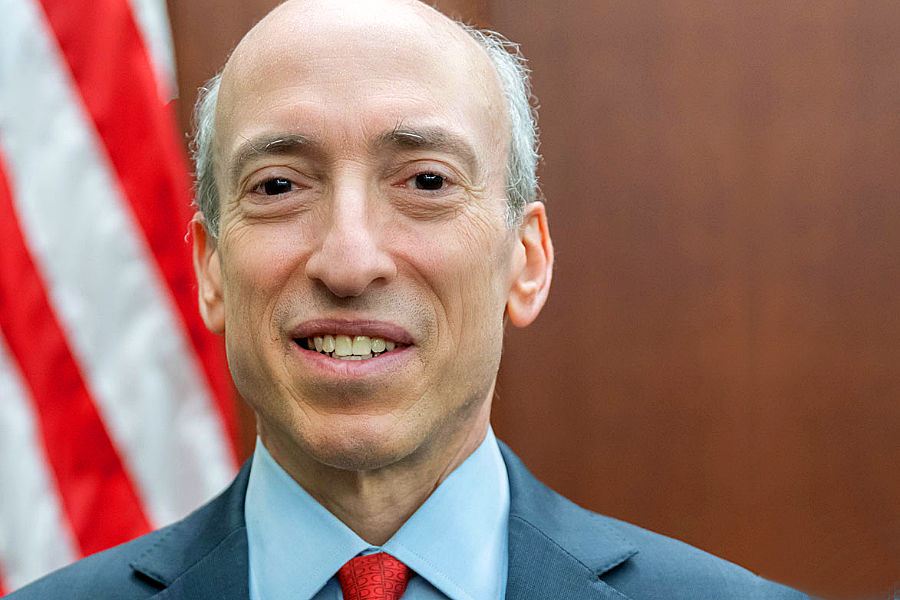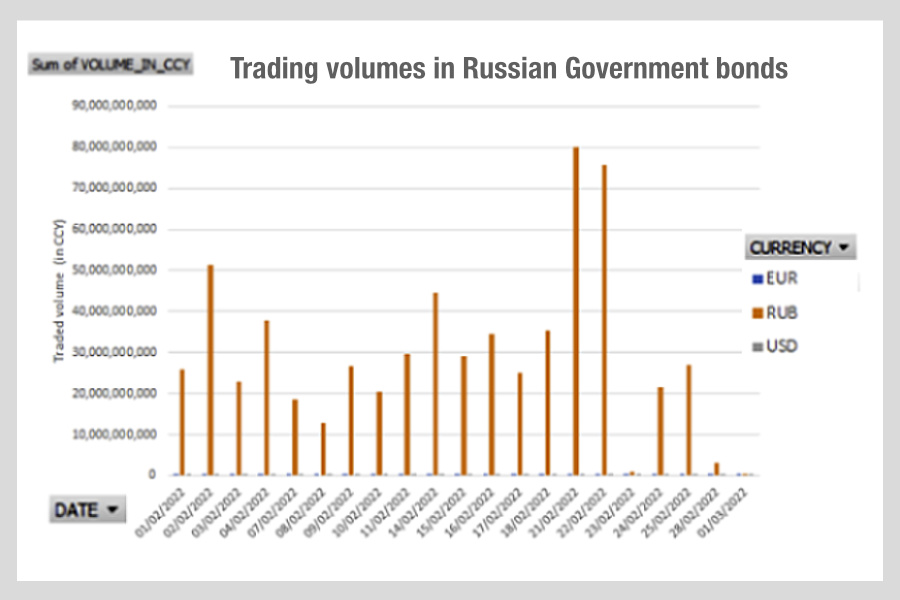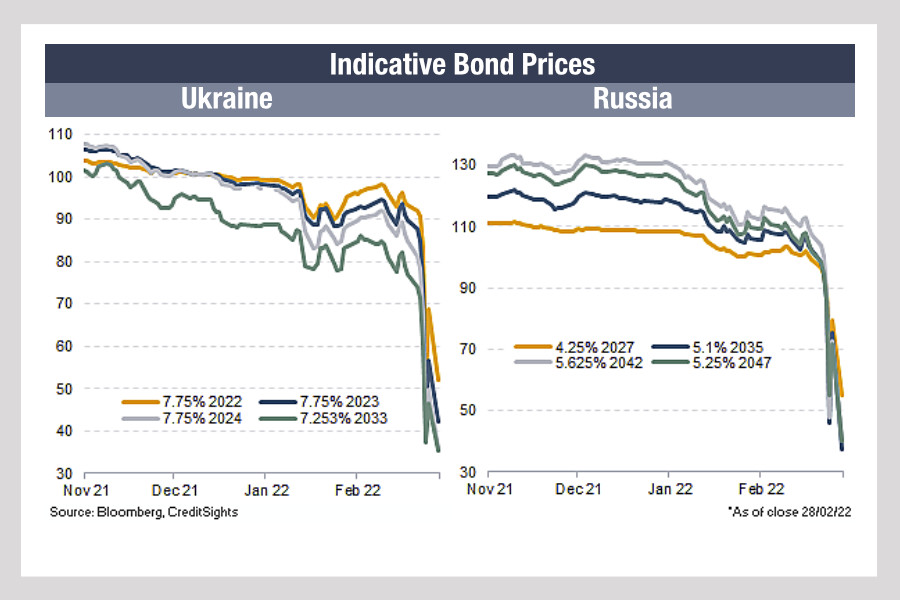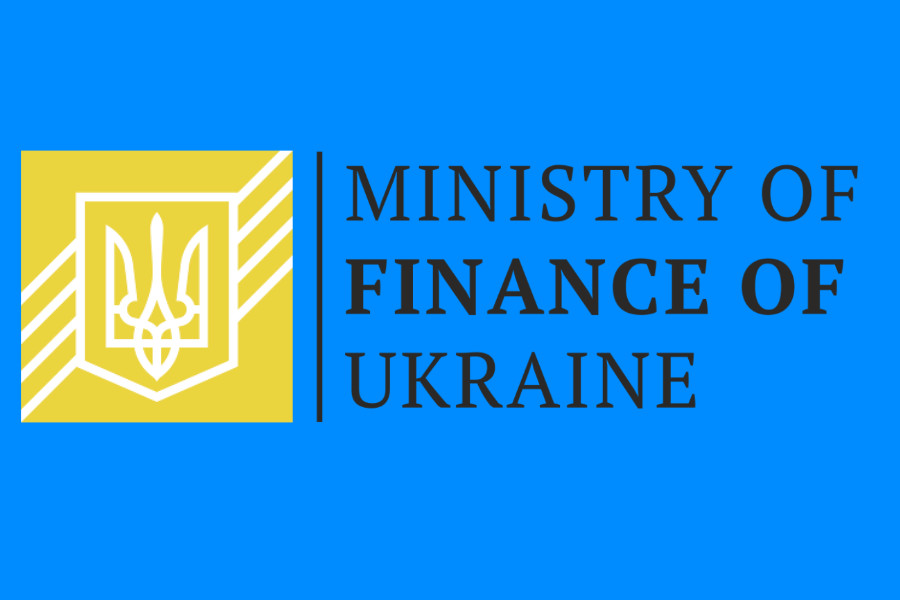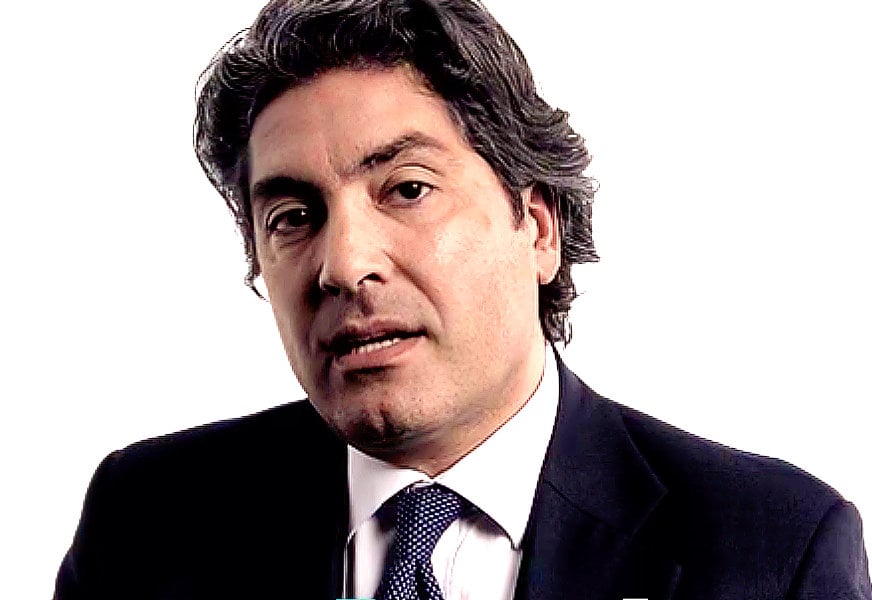Oversight of the US bond markets is broken. The world’s sixth largest bank by assets, JP Morgan, was able to manipulate the US Treasury market, the global benchmark for interest rates and world’s biggest bond market, for eight years without being stopped despite the impact on investors and other market participants. In fixed income markets alone, the bank made US$121.8 billion in revenue over that period.
This activity happened right under the noses of the US Department of the Treasury, the Board of Governors of the Federal Reserve System, the Federal Reserve Bank of New York (The Fed), the US Securities and Exchange Commission (SEC), and the US Commodity Futures Trading Commission (CFTC) who jointly investigated that market in the wake of a tumultuous flash crash in October 2014.
JP Morgan has now been fined US$920 million, or 0.7% of its fixed income revenue during that period, by the SEC and CFTC for continued spoofing i.e. manipulating prices by placing false orders on the market which are subsequently cancelled. The CFTC has said that the bank ignored warnings by market operators and regulators, and misled the investigation until its latter stages.
The ability of the bank to evade authorities for so long is hardly surprising – in 2014 The DESK established that no US regulator or regulatory body had responsibility for supervising the US Treasury cash market, by asking each of the above authorities if they did – each denied it.
A spokesperson for the Federal Reserve, speaking in October 2014 told The DESK that, “The Fed has a very limited role – in fact no role – in the regulation of trading in the [US treasuries] market. It is not something we would have an input or concern in, in terms of trading practices.”
The DESK challenged each of the authorities listed above to deny that trading in the US Government bonds was ‘The Wild West’ – as it was effectively lawless. None denied it.
Oversight of the market was limited to the electronic market operators; Nex Group and Nasdaq for interdealer central limit order books – the largest bond markets by volume – and the CME for US Treasury futures. There was no cross market oversight.
Regulation of cash and derivatives markets continues to be divided between the SEC and the CFTC who find the arrangement an impediment to their ability to regulate. In a supporting statement to JP Morgan’s fine, CFTC commissioners Dan Berkovitz, Dawn Stump and Rostin Behnam, noted that the complex rules between the SEC and CFTC had prevented disqualifications under the “bad actor” provisions of the securities laws by playing the two regulators off against one another, in terms of the workflow which “intolerably subjects the CFTC’s enforcement program to the vagaries of when the SEC makes time to consider the respondents’ request.”
If the regulatory chaos explains the ability of the bank to continue spoofing markets for so long, the lack of arrests as a result of the behaviour is perhaps more surprising.
According to the CFTC, “numerous traders on [JP Morgan’s] precious metals and Treasuries trading desks, including the heads of both desks,” were spoofing the market, and yet no-one is going to jail. The CFTC has brought civil prosecutions have been against five traders in the commodities space, none in Treasuries.
In similar circumstances, in April 2015, the CFTC filed a civil enforcement action in the US District Court for the Northern District of Illinois against Navinder Singh Sarao for unlawfully manipulating, attempting to manipulate, and spoofing the E-mini S&P 500 near month futures contract, leading to his arrest and subsequent prosecution.
There are many precedents for traders manipulating this market without jail time. In 2017 The Bank of Tokyo-Mitsubishi UFJ (BTMU) was fined by the CFTC for spoofing in the US Treasury and Eurodollar futures markets, after a trader at BTMU, from July 2009 to December 2014, was discovered to have placed multiple orders for futures contracts with an intent to cancel the orders before their execution.
Citigroup was also hit with a US$25 million penalty by CTFC in January 2017, after five traders at Citi were found to have spoofed the US Treasury futures markets, while the CFTC said Citi failed to supervise trading activity over 2,500 times between 2011 and 2012. Citibank traders Stephen Gola and Jonathan Brims were fined US$350,000 and $200,000 respectively, with a six-month ban also imposed after the full payment of the penalty.
The spoofing at BTMU was brought to light through voluntary self-reporting. At the time the CFTC said in a statement that it anticipated self-reporting and cooperation to “play an important role in its enforcement program”.
Given the inability of enforcement to stop manipulation of the world’s biggest bond market, despite investigations, threats and massive fines, it is hard to conclude oversight of this market is anything but broken.
Incidentally, this is the second US$920 million fine JP Morgan has paid for trading activity in the period 2008 – 2016. This first was paid to US and UK regulators relating to its 2012 loss of US$6 billion on credit derivatives trading – the ‘London Whale’ position – which it admitted broke US federal securities laws.
©The DESK 2020
TOP OF PAGE











